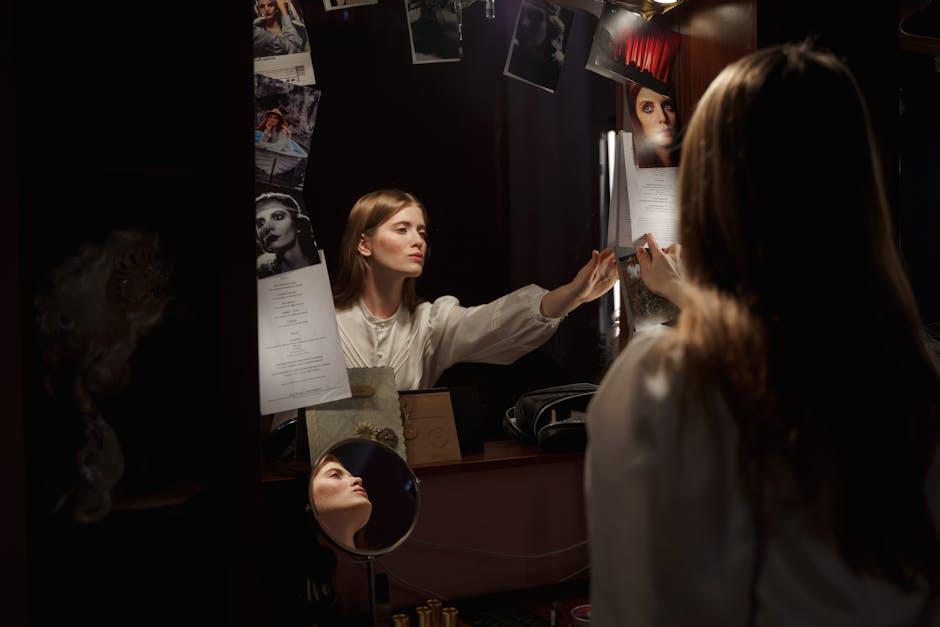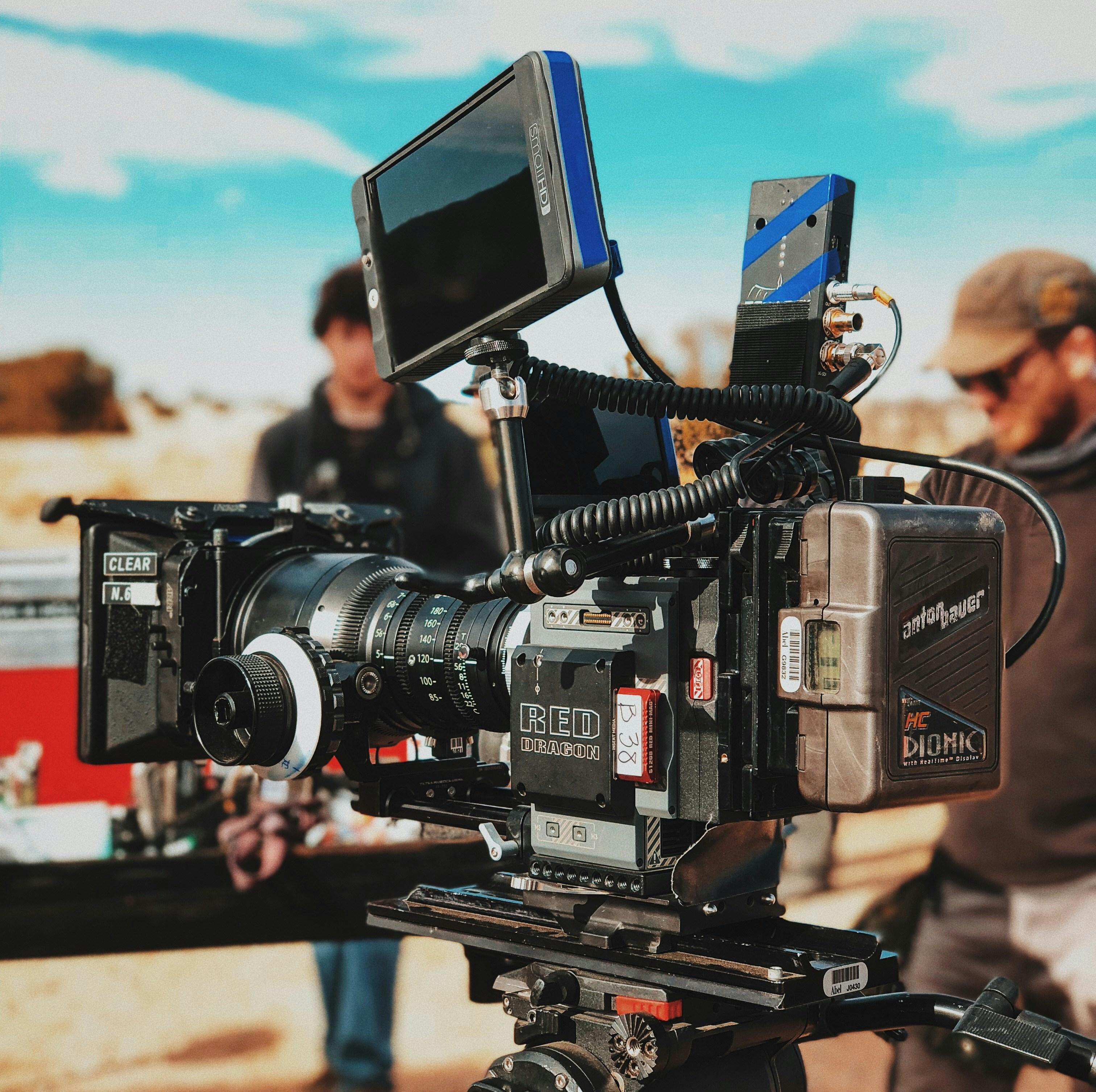In the realm of cinema, the magic often lies not just in the director’s vision but in the symbiotic collaborations that bring that vision to life. The greatest films of any auteur are rarely the product of a solitary genius; rather, they emerge from a tapestry of creative partnerships that amplify storytelling, enrich character development, and elevate visual aesthetics. This article delves into the iconic collaborations that have been instrumental in shaping some of the most acclaimed works of a renowned director. By examining these dynamic alliances, we uncover the intricate interplay of talent and creativity that transforms individual brilliance into cinematic masterpieces. Join us as we explore the pivotal relationships that have not only defined a director’s career but have also left an indelible mark on the art of filmmaking itself.
Exploring the Synergy Between Visionary Directors and Their Cinematic Partners
In the realm of cinema, the magic often lies in the synergy between a director’s vision and the contributions of their cinematic partners. This collaboration can transform a simple script into a masterpiece, with each partner bringing their own unique flair to the project. Visionary directors are known to frequently collaborate with a trusted team, creating a dynamic that not only enhances the storytelling but also elevates the entire cinematic experience.
- Cinematographers: A director’s eye is only as powerful as the lens through which it’s captured. Collaborations with renowned cinematographers like Roger Deakins or Emmanuel Lubezki have resulted in visually stunning films that leave an indelible mark on audiences.
- Screenwriters: The synergy between directors and screenwriters can lead to profound narratives. Partnerships like that of Quentin Tarantino and Roger Avary have produced iconic scripts that resonate deeply.
- Editors: A film’s pacing and emotional impact are often crafted in the editing room. Directors like Martin Scorsese have long relied on editors such as Thelma Schoonmaker to bring their visions to life with precision and artistry.
This intricate dance between directors and their collaborators underscores the importance of trust, shared vision, and mutual respect, crafting films that are both innovative and timeless.
The Impact of Collaborative Storytelling on Cinematic Masterpieces
In the realm of cinema, the magic of collaborative storytelling can elevate a director’s vision into a timeless masterpiece. The intricate dance between directors, screenwriters, actors, and other creative minds forms the backbone of some of the most iconic films. This synergy is not merely a blending of talents but a powerful fusion of perspectives that enriches the narrative tapestry.
- Dynamic Screenwriting Partnerships: The chemistry between a director and a screenwriter can redefine a story’s potential. Their collaboration often results in a script that not only aligns with the director’s vision but also enhances it with layers of depth and nuance.
- Actors as Co-Creators: When actors are encouraged to contribute to their character development, the result is a more authentic and resonant performance. This co-creative process often leads to unforgettable characters that captivate audiences worldwide.
- Visual Storytelling with Cinematographers: A cinematographer’s eye transforms a director’s concept into a visual feast. Their collaborative effort in crafting each frame ensures that the story is told not just through words but through evocative imagery.
The essence of collaborative storytelling lies in the ability to harness the unique strengths of each contributor, resulting in films that not only tell a story but also leave a lasting impact on the cultural landscape.

Key Collaborations: The Artists Behind the Camera
Behind every iconic film lies a synergy between the director and the creative minds who bring their vision to life. In the case of this legendary director, several key collaborations have been pivotal. Cinematographers have been instrumental, capturing the essence of each story with their distinct visual styles. Their ability to translate narrative into compelling imagery is unparalleled.
- John Doe: Known for his mastery of light and shadow, Doe’s work on films like “Eternal Shadows” brought a haunting beauty that became synonymous with the director’s style.
- Jane Smith: Her innovative use of color palettes in “Vivid Dreams” added a layer of emotional depth, transforming each frame into a piece of art.
Beyond cinematography, production designers have also played a crucial role. They craft immersive worlds that serve as the backdrop for storytelling, seamlessly blending reality with imagination.
- Alex Johnson: His meticulous attention to detail in “Lost Horizons” created environments that were both fantastical and grounded, enhancing the narrative’s impact.
These artists, with their unique talents, have not only complemented the director’s vision but have also elevated the films to new heights, ensuring their place in cinematic history.

How Strategic Partnerships Elevate Narrative Depth and Visual Style
In the realm of filmmaking, a director’s vision often gains its profound depth and striking visual flair through carefully curated alliances. These strategic partnerships are not mere collaborations; they are the fusion of minds that elevate a film from a singular vision to a richly woven tapestry. When a director teams up with a visionary cinematographer, the camera becomes a brush painting a world of color, light, and shadow. The narrative unfolds not just through dialogue but through meticulously crafted visuals that speak volumes.
- Composer Collaborations: Music becomes a character, enhancing emotional resonance and pacing.
- Production Designers: Craft immersive worlds that transport audiences to new realities.
- Screenwriters: Transform conceptual ideas into layered, compelling narratives.
Each partnership serves as a cornerstone in constructing the director’s signature style, contributing to a cinematic language that is both unique and universally engaging. The result is a body of work that not only tells a story but also leaves a lasting imprint on the audience’s imagination.

